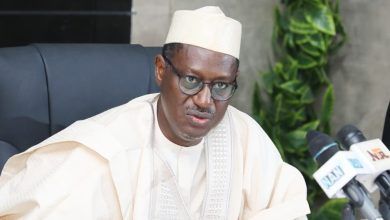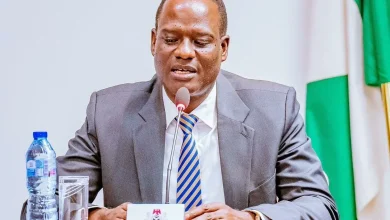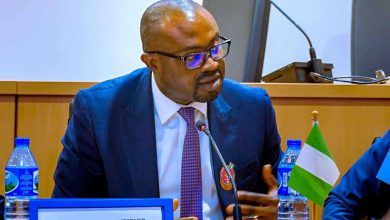
Former President Goodluck Jonathan and former INEC Chairman, Attahiru Jega, have raised alarm over the growing political interference in Nigeria’s electoral system, attributing the country’s flawed elections to the actions of political figures, the judiciary, and the electoral commission.
Speaking at the Reflection Conference on Democratic Elections in West Africa in Abuja, organized by Yiaga Africa, both leaders voiced deep concerns over the state of democracy in Nigeria and across the West African region.
Jonathan, during his address, emphasized the vital role of judicial accountability and the urgent need for reforms to strengthen Nigeria’s electoral process.
He warned that corruption in the electoral system creates an environment ripe for dishonesty, urging the judiciary to take a firm stand against election malpractices.
Drawing an analogy to football, he stressed that just as referees and the Video Assistant Referee (VAR) ensure fairness on the field, the Independent National Electoral Commission (INEC) and the judiciary must function as impartial referees in Nigeria’s political game. “If the referees tolerate nonsense, the players will play anyhow. But when there’s no-nonsense enforcement, the game is fair,” Jonathan remarked.
He also shared a memorable anecdote about a courageous judge who resisted political pressure, emphasizing that Nigeria needs more such fearless figures in the judiciary.
Jonathan, reflecting on the state of elections in West Africa, noted that while some countries have made progress with peaceful and credible polls, others are plagued by violence, fraud, and weak institutions.
He pointed to the February 2023 Nigerian general elections, which, despite technical setbacks and logistical issues, marked a peaceful transfer of power.
Professor Jega, on his part, criticized the deepening desperation of political elites and the security challenges undermining electoral integrity in Nigeria and the wider region.
He highlighted how political manipulation, weak legal frameworks, and external factors like pandemics and natural disasters hinder the legitimacy of elections.
Jega also noted the influence of colonial legacies, which have fostered sectarianism and exclusionary politics, creating fertile ground for corruption and impunity.
The former INEC Chairman warned that unless these systemic issues were addressed, the region risked further democratic setbacks.
He expressed grave concern over the growing disillusionment among youth, exclusion from the political process, and the rise of populist and authoritarian leaders, which could lead to more coups, as seen in countries like Mali, Burkina Faso, Guinea, and Niger.
Both Jonathan and Jega called for stronger, independent electoral bodies and a non-partisan security apparatus to ensure credible elections. They agreed that the future of democracy in West Africa depends on reforming electoral processes and promoting transparency and inclusivity. “The health of our democracy depends on the will of the people, the integrity of the electoral process, and the resolve of leaders to act in the best interest of citizens,” Jonathan concluded.
As the region grapples with these challenges, the leaders urged all stakeholders to come together in the fight for free, fair, and transparent elections, highlighting that the success or failure of democracy in West Africa hinges on concerted action against corruption, political interference, and instability.





